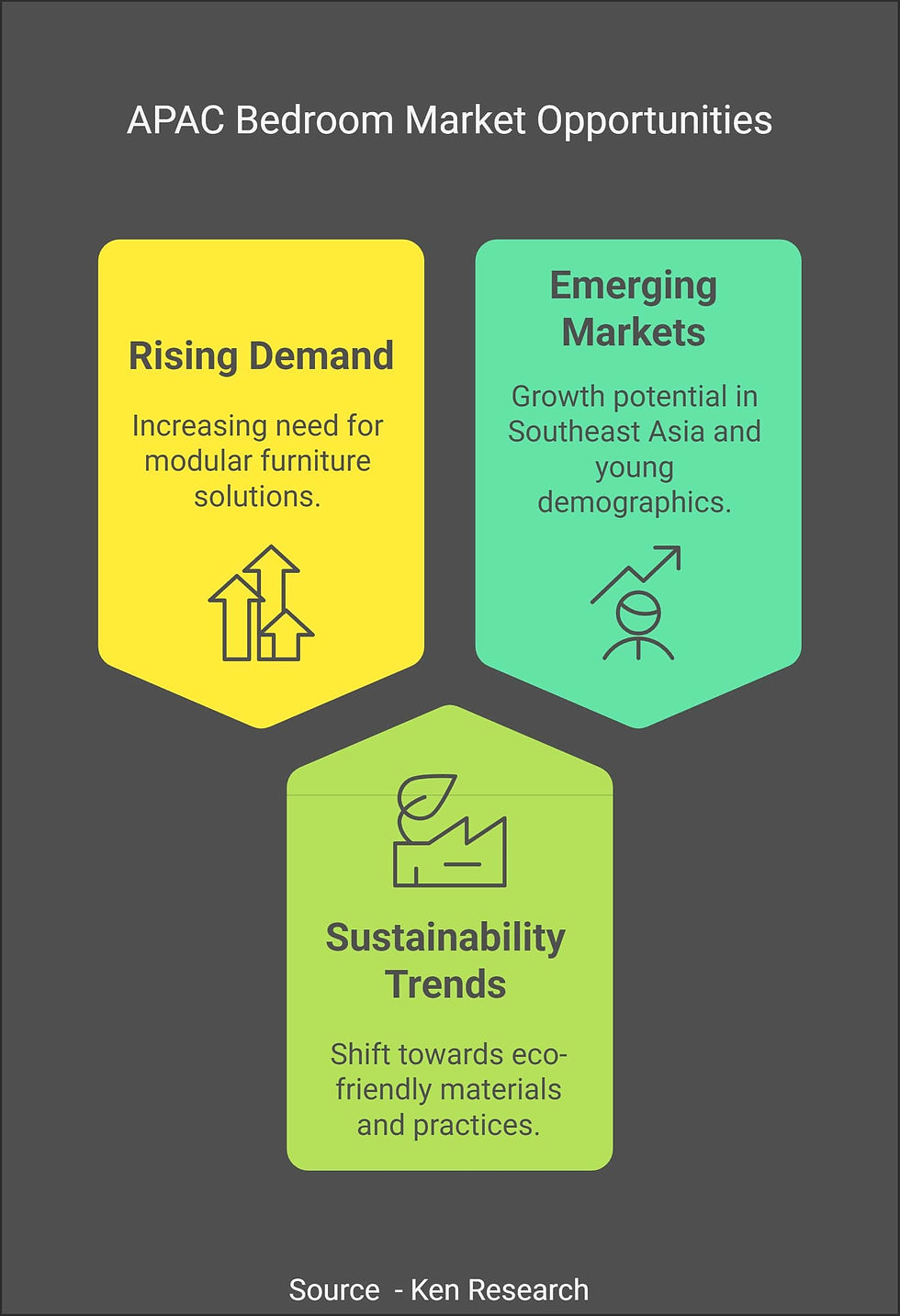The Rising USD 379 Million KSA Dairy-Free Infant Formula Market: Insights for 2028
- Vansh Meena
- Jan 27, 2025
- 2 min read
Updated: Jan 28, 2025
The KSA Dairy-Free Infant Formula Market, valued at USD 379 million, is witnessing remarkable growth driven by increasing lactose intolerance among infants and heightened awareness of specialized infant nutrition. With a rising preference for dairy-free and plant-based formulas, the market reflects a growing commitment by parents to provide tailored dietary solutions that support infant health and wellness.

Regional Dynamics
Key regions such as Riyadh, Jeddah, and Dammam dominate the KSA Dairy-Free Infant Formula Market due to their dense populations, advanced healthcare infrastructure, and access to premium retail outlets. These urban hubs also benefit from higher disposable incomes, which enable consumers to invest in specialized nutritional products like dairy-free formulas.
Government initiatives under Saudi Arabia's Vision 2030 play a pivotal role in market development. Incentives such as tax benefits and subsidies for local manufacturers encourage cost-effective production and reduce dependency on imports. In 2024, local producers received approximately USD 3 million in subsidies, bolstering domestic manufacturing and distribution capabilities.
KSA Dairy-Free Infant Formula Market Segmentation:
By Product Type:
Soy-Based Formulas dominate the market due to their established reputation as safe and nutritious dairy-free alternatives. Rich in essential nutrients, these formulas closely mimic the nutrient profile of traditional dairy formulas.
Emerging alternatives like almond-based and oat-based formulas are gaining traction among health-conscious parents looking for diverse plant-based options.
By Distribution Channel:
Pharmacies and Drugstores lead the distribution landscape, being trusted sources for parents seeking pediatric nutrition. Their ability to offer expert recommendations ensures they remain the preferred choice.
E-commerce platforms are rapidly growing, providing convenience and a wider range of options, particularly for parents in regions with limited retail access.
Growth Drivers
Rising Lactose Intolerance Among Infants: With over 1.5 million infants in Saudi Arabia experiencing lactose intolerance, the demand for lactose-free formulas is on the rise. Pediatricians increasingly recommend dairy-free infant formulas as safe and effective alternatives to traditional milk-based products.
Parental Awareness of Specialized Nutrition: Modern parents are highly informed about their children’s nutritional needs, leading to greater demand for tailored solutions like vegan baby formulas and allergy-free options. Approximately 2 million urban parents in KSA actively seek customized nutrition for their infants.
Read More informative blogs such as The Global Bulletproof Jacket Market: Key Trends, Growth Drivers, and Future Opportunities
KSA Dairy-Free Infant Formula Market Challenges
High Cost of Dairy-Free Formulas: Dairy-free formulas are priced approximately USD 2 higher per unit than traditional options, making them less affordable for middle- and low-income families. This limits adoption in price-sensitive markets despite growing awareness.
Limited Awareness in Rural Areas: Rural regions in Saudi Arabia lag in awareness and adoption of dairy-free infant formulas. Nearly 60% of rural parents are unfamiliar with the benefits of these products, creating a significant barrier to nationwide market penetration.
Future Outlook
The KSA Dairy-Free Infant Formula Market is poised for sustained growth, supported by urbanization, rising disposable incomes, and evolving dietary preferences. The role of e-commerce will expand as online shopping becomes more prevalent, providing consumers with easy access to vegan, organic, and lactose-free options. Furthermore, innovations in sustainable and eco-friendly formulas are likely to address concerns over environmental impact.







Comments